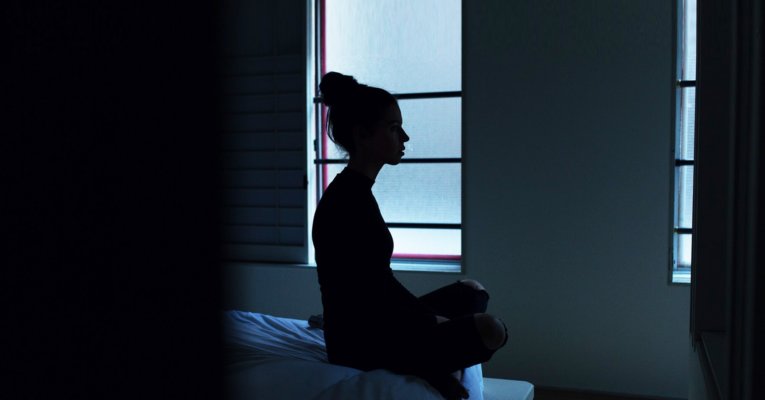Life with a new baby can be delightful and rewarding, however, it can also be difficult and stressful at times. When a woman is pregnant and after she gives birth, many physical and emotional changes occur which can leave her feeling sad, anxious, afraid, or confused. These feelings are commonly referred to as “baby blues” and for many women, go away quickly. If these feelings worsen or don’t go away , a woman could be experiencing postpartum depression and should seek help from a professional quickly. Here are some facts:
Baby Blues
- Happen in many women days after childbirth.
- May include mood swings, crying for no reason, feelings of impatience, irritability, restlessness, anxiety, loneliness and sadness.
- May last up to two weeks after delivery.
If you think you may be experiencing the “blues,” don’t dismiss it! Talk with your health care provider and /or consider joining a support group for new moms. Talking with other moms could also be helpful.
Postpartum Depression
- Can happen days or even months after childbirth.
- May include the same feelings as baby blues, but are felt stronger and for a longer period of time.
- Other symptoms may include: Lack of energy; experiencing headaches, chest pains, heart palpitations, numbness, hyperventilation; sleeplessness or fatigue; loss of appetite and weight loss; overeating and weight gain; trouble focusing or remembering; lack of interest in the baby; feelings of worthlessness and guilt; lack of interest in pleasure activities; being afraid of hurting one’s self or the baby.
- Can keep a woman from accomplishing every day tasks.
If your ability to function is affected or if you are afraid of hurting yourself or your baby, it is very important that you see your health care professional as soon as possible. Postpartum depression is a serious condition; however, it can be treated with medication and/or professional counseling.






